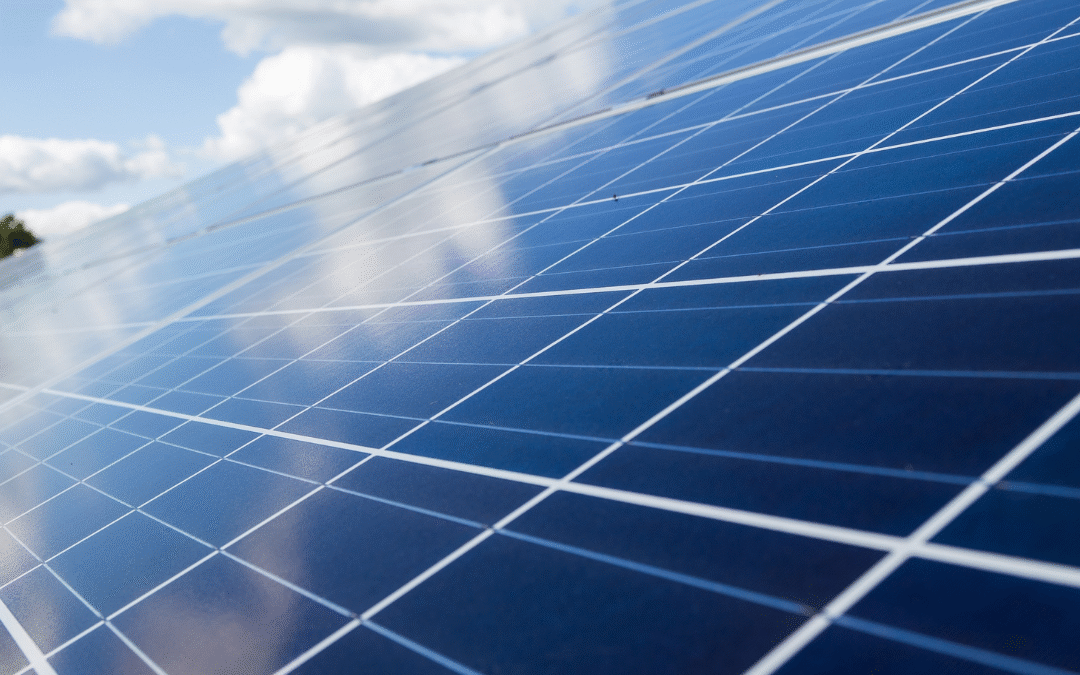As a homeowner ready to go solar you want to make sure you can actually rely on your solar panels.
And so you might be wondering, “how long will my solar panels actually last?”
The typical lifespan of solar panels is 30-35 years (with a warranty of 25 years). However, there are various factors that influence just how long your panels will continue to perform at their optimal condition.
In this article we will dive deeper into the factors behind solar panel degradation as well as various things you can do to protect your panels and keep them working for as long as possible. Understanding your panels’ longevity will help you make the right decisions regarding your solar investment so you can start your clean energy journey with confidence and peace of mind.
How Long do Solar Panels Last?
When trying to determine how long your panels will provide you with the most value, you need to pay attention to their “useful life”. This is the period during which your panels are expected to perform at their most efficient level. The standard estimate for this is 30-35 years (including the 25 year warranty).
With proper maintenance, most panels will continue to generate electricity well beyond the warranty period and even beyond their expected useful life, in some cases. If by then your energy needs have decreased a lot, they might still be able to cover what you need, otherwise your best option would likely be to replace your panels altogether.
Also, make sure to stay aware of your solar panels’ degradation rate. This metric tells you the expected decrease in energy output of your panels each year. According to the National Renewable Energy Laboratory (NREL), the average degradation rate for solar panels ranges from 0.5-0.8% each year. So for example, if a solar panel starts at 100% efficiency, and degrades at 0.5% per year, then after 10 years, it will operate at about 95% efficiency.
What Factors Contribute to Solar Panel Degradation?
Even though solar panels are durable, there are various factors that can speed up their degradation:
UV rays: consistent exposure to the sun’s ultraviolet rays will gradually cause the backsheet of the panels to degrade. This part of the panel faces away from the sun and protects the photovoltaic (PV) cells and other internal components of the panels from outside stressors.
Damp freeze: when panels are exposed to lots of humidity and high temperatures, this puts repeated stress on them and breaks down the layer that protects the PV cells. This causes reduced electrical insulation, corrosion of the internal parts of the panels and will eventually make the panels less efficient.
Thermal cycling: extreme and rapid changes between hot and cold weather can weaken the soldered connections within the panels which could eventually lead to failure of the overall solar system.
Weather events: hail, rain, snow or harsh winds can damage the panels and their mounting system causing them to wear out and not function well overtime.
How Can You Preserve Your Solar Panels?
Keep debris away from your panels
Keeping dust, leaves and wayward branches away from your panels will help ensure they remain in optimum condition. Even though rain can help with this, consider getting them professionally cleaned. You also want to watch out for any animals like squirrels or birds setting up nests underneath your panels as this could interfere with your panels’ wiring system.
Keep up with inspections
Having your solar panels inspected regularly is the best way to stay on top of any issues that may arise. Of course, don’t try to do it yourself! A solar professional will know exactly what to look out for and they will conduct the inspection in the safest way possible.
Moreover, if your panels are under a lease or power purchase agreement, you won’t have to worry about this as the solar company will be fully responsible for their maintenance. Moreover, you need to monitor your inverter as you may need to change it halfway through your system’s useful life (inverters typically last 10-15 years). If you do, a microinverter is a good option to consider as it has a similar lifespan to solar panels.
Invest in top notch equipment and installation from the start
Don’t be stingy! Investing in the right solar installer and equipment will make or break your panels (literally!). This will also help you save money down the line as a system that is properly secured, with high quality materials will be less susceptible to scratches and other damages.
Well preserved solar panels will continue to power your home or business for as long as possible. If you are interested in learning more about our rooftop solar solutions, book a consultation with a member of our team and they will gladly assist you with your questions or concerns!

